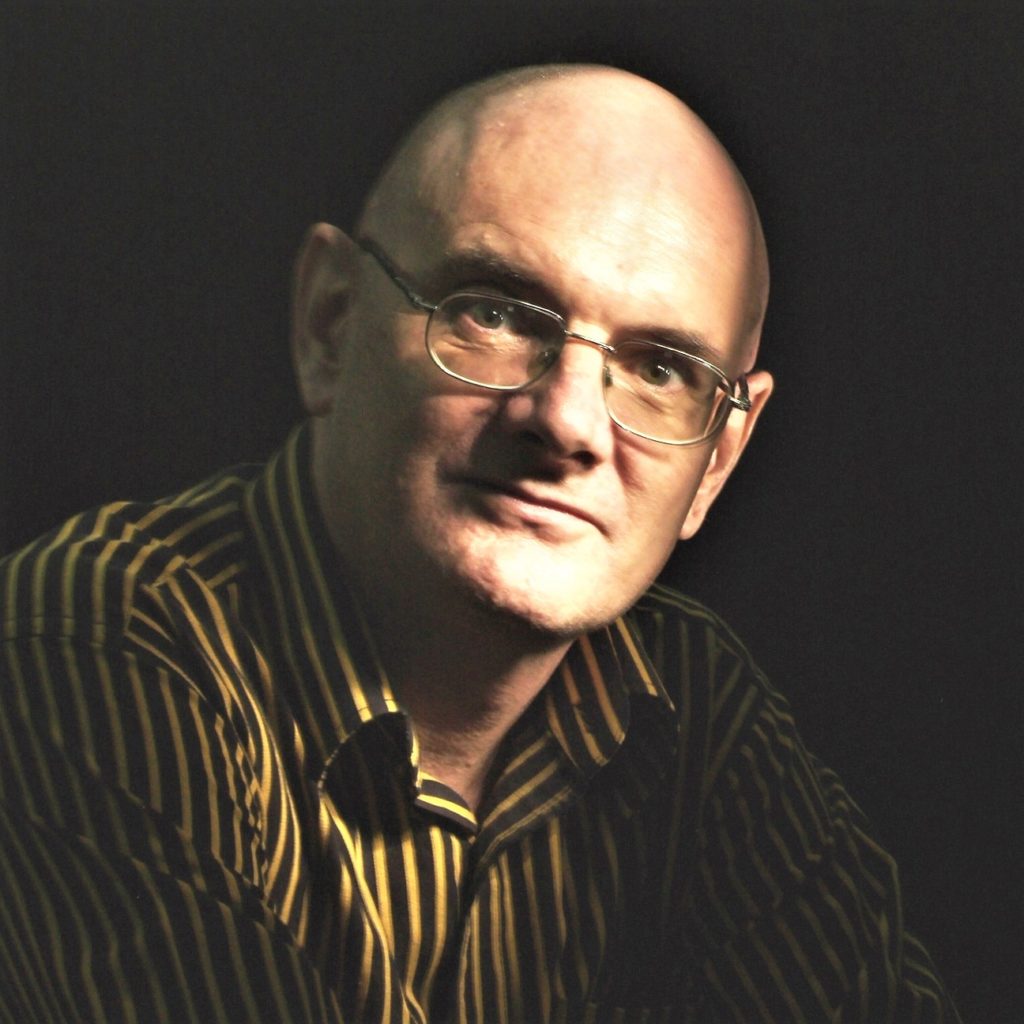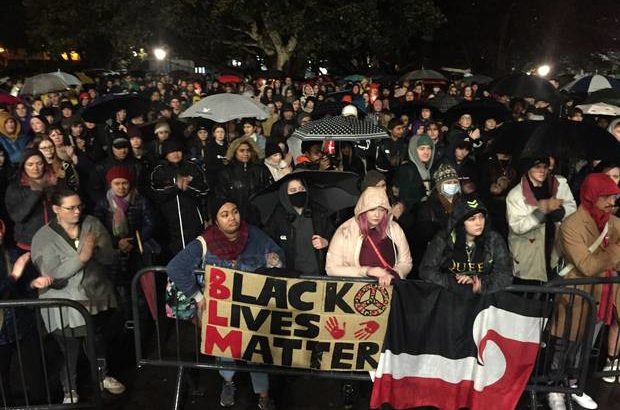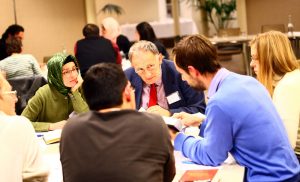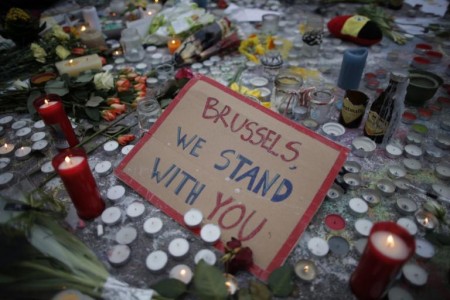
The following reflection on Patience was given by Abrahamic Council member David Blocksidge at our meeting on 15 October 2020.
Islam teaches us that we should, ideally, only ever be in one of two states of mind.
Most of the time we should be in a state of shukr – gratitude in English. It’s pretty clear to anyone of faith that we should show gratitude for God’s many blessings. So far so good.
The difficulty – for me at least – comes with the second state. When we are facing difficulties, we are told we ought to display sabr, or patience.
I mention it now, with Covid-19 still among us, work uncertainties, health issues and various other problems we may be facing.
Sabr is clearly a very important concept for Allah. The word occurs in the Qur’an about 90 times, most memorably in Surah Al-Asr, chapter 103, in which the final line says: “Wa tawaasaw bis sabr” – “and recommend one another to patience.”
It’s one of the shorter chapters in the Qur’an so I learned it early on to be able to recite when I lead prayers. However, it has often troubled me because I felt inadequate; I’m not the most patient of people, so I felt a little guilty reciting this particular line and not being able to live up to it.
But there is hope for me and I will explain why. I have learned that, as a translation, the word patience really does not do the word sabr justice. It’s yet another example of an English translation butchering and diluting the richness and depth of the Arabic.
Other meanings of the word include to stop, detain, refrain and withhold.
But the root of the word sabr is the most interesting aspect. It is derived from the Aloe plant known to Arabs as sabbar, 300 species of which grow natively in the desert.
What the aloe plant is known for, other than its healing qualities, is its ability to sustain drought and heat in the harsh climate of the desert. It withstands harsh conditions to force its way to grow tall and strong and needs very little maintenance and watering.
It has an abundance of beneficial functions. It can cool burns, help with allergies, condition hair, protect skin and detoxify the body. It has anti-inflammatory and anti-viral properties and can heal wounds, stimulate cell regeneration and be used as toothpaste or mouthwash. It can even promote blood circulation and lower cholestorol when drunk as a juice.
With the aloe plant in mind, the word sabr translates more accurately as perseverance – a dogged will to survive and thrive and achieve its purpose no matter how bad the conditions around it are.
Patience, withholding, refraining etc are all passive, whereas perseverance is positive. Exactly how we Muslims – indeed, all human beings – should be. Always positive, always active, and always persevering no matter the situation, so we can achieve our purpose and give benefit to others around us.
As impatient as I can be, at times I am capable of great perseverance. Thank you for your patience.
David Blocksidge is a Muslim member of the Wellington Abrahamic Council.



